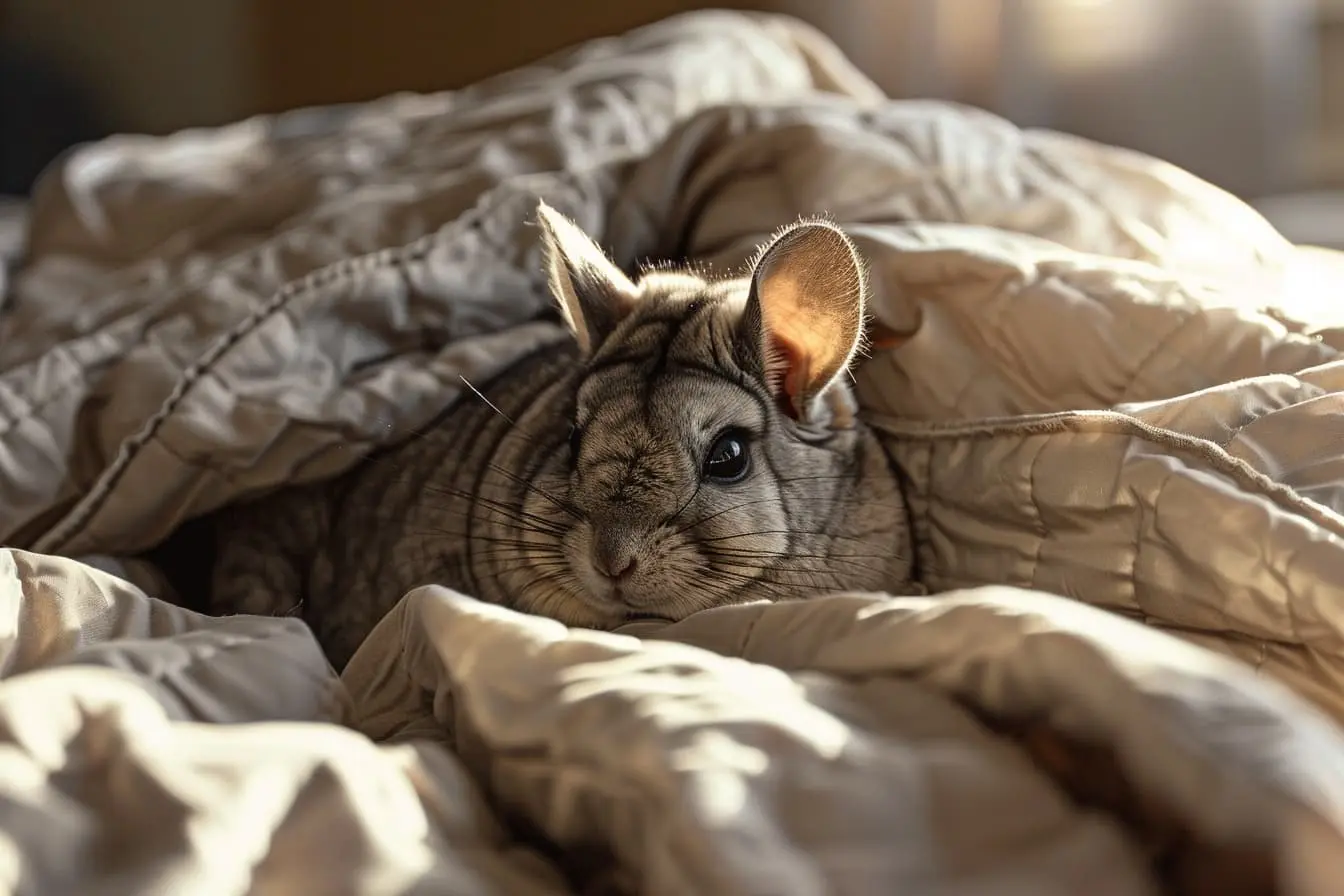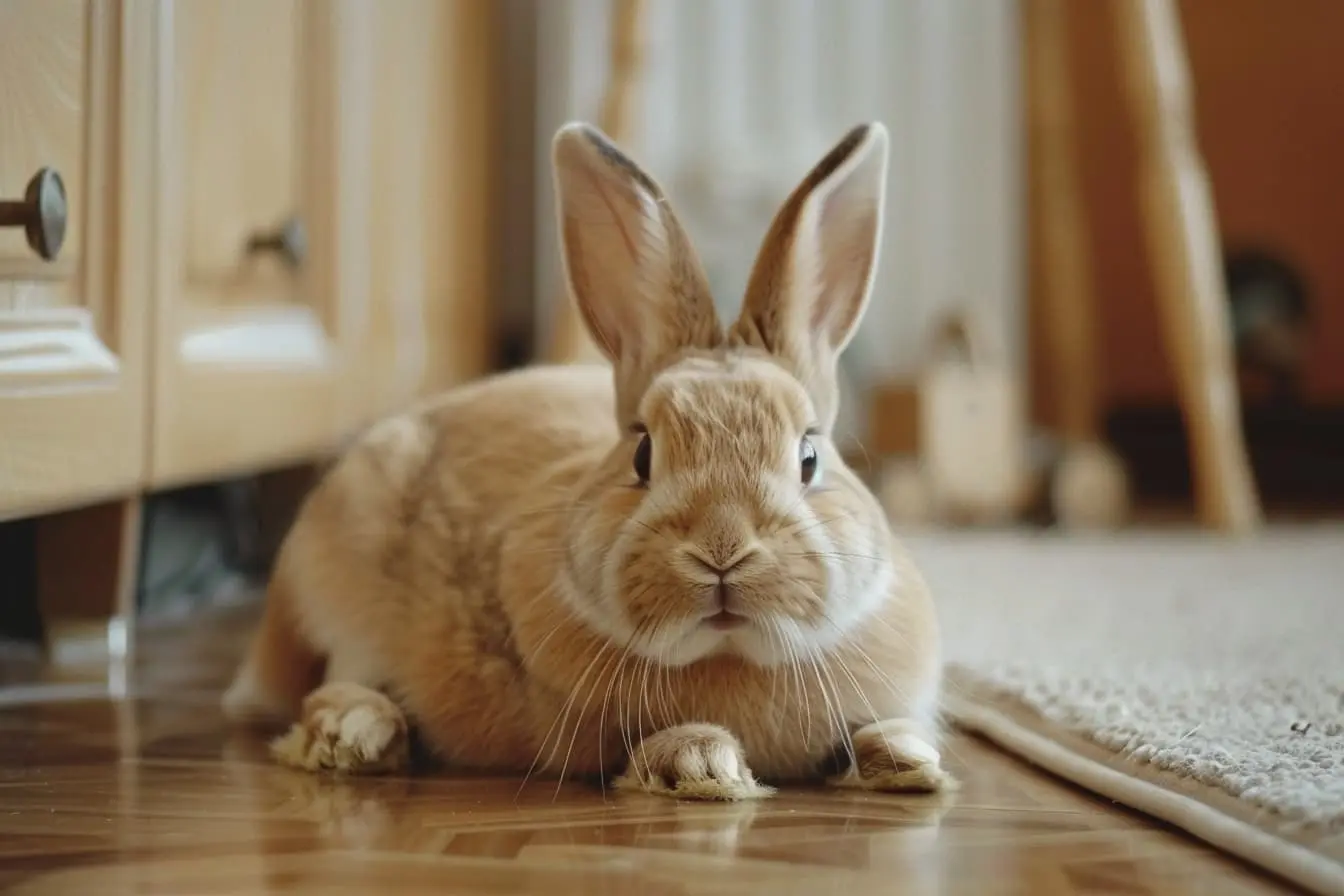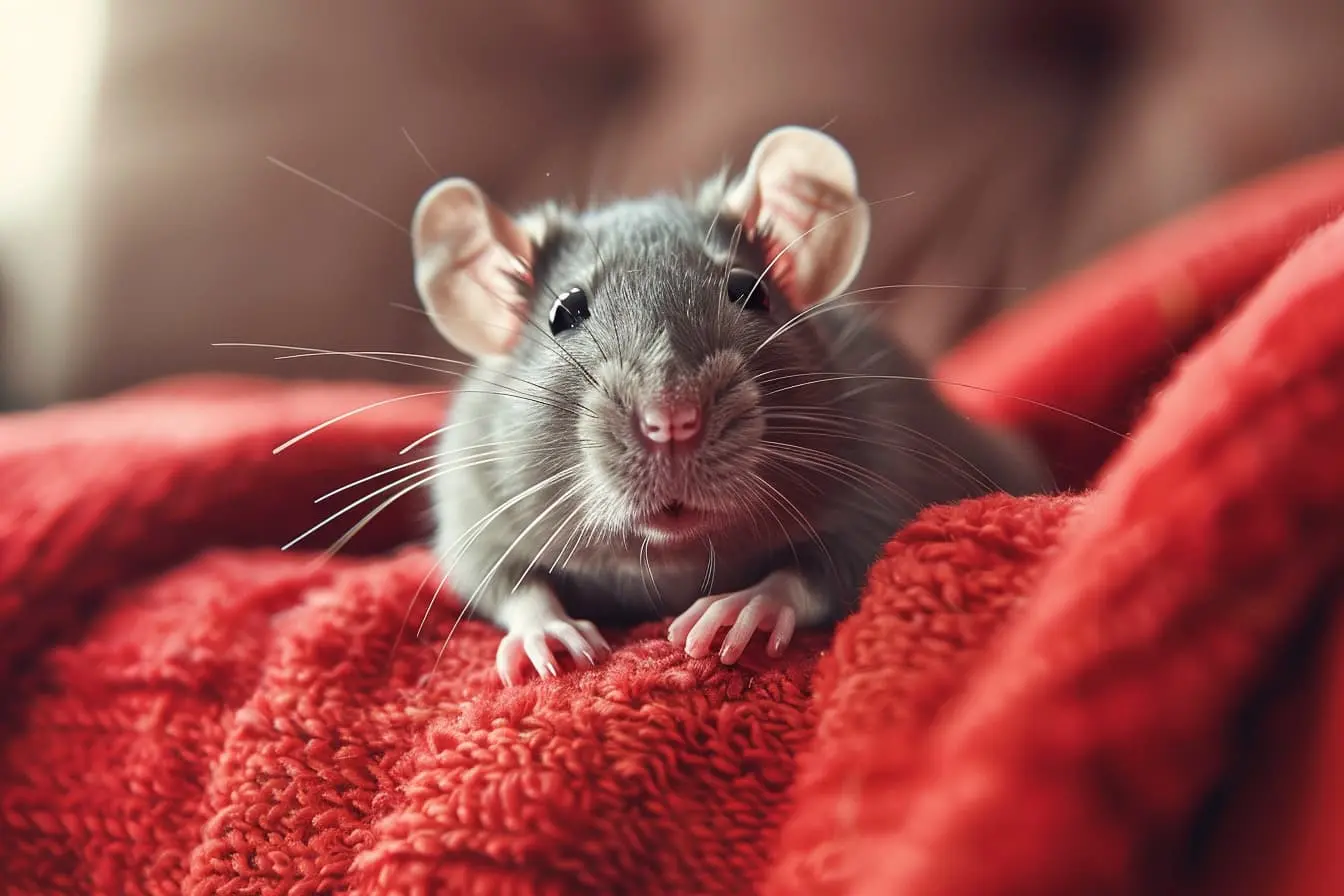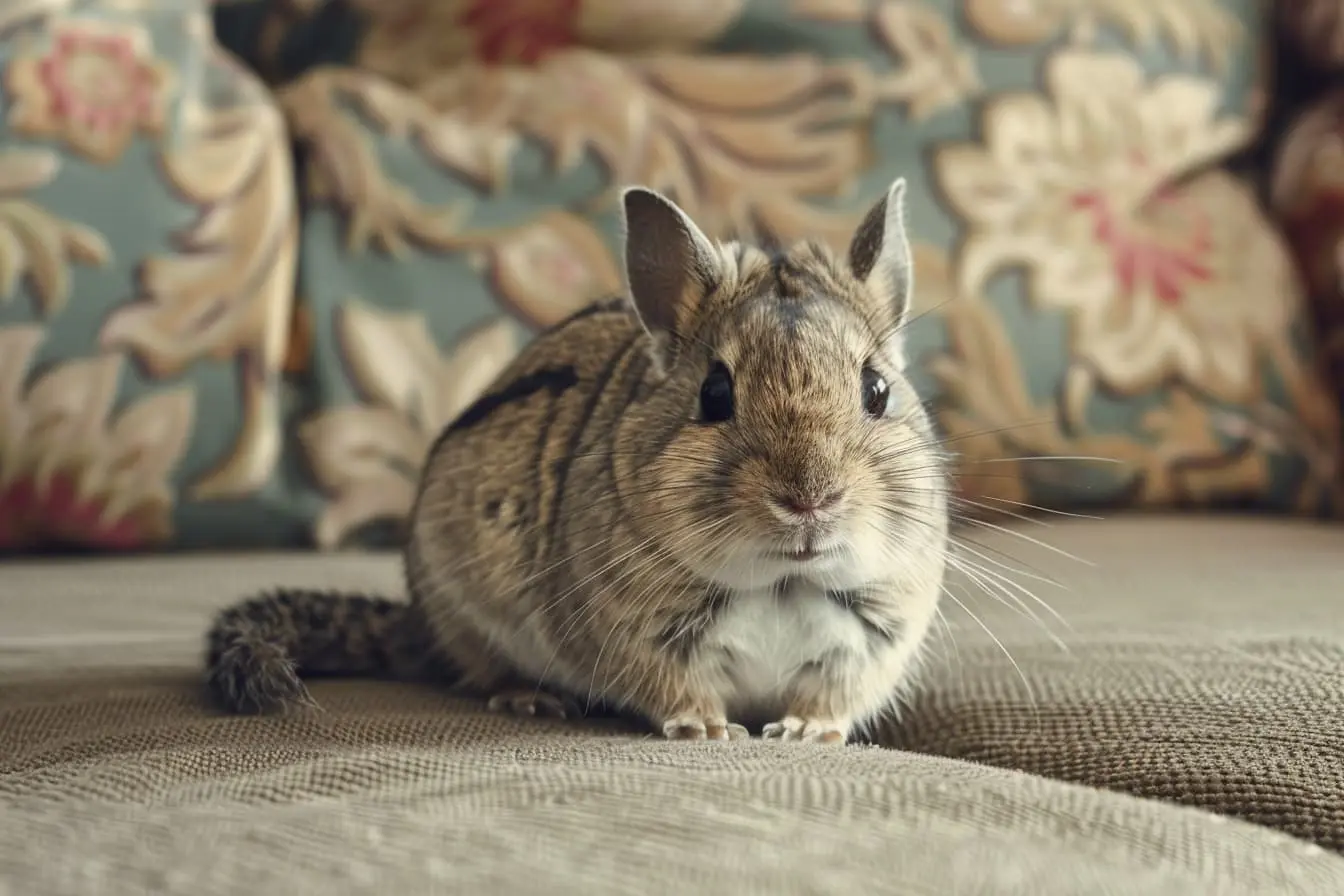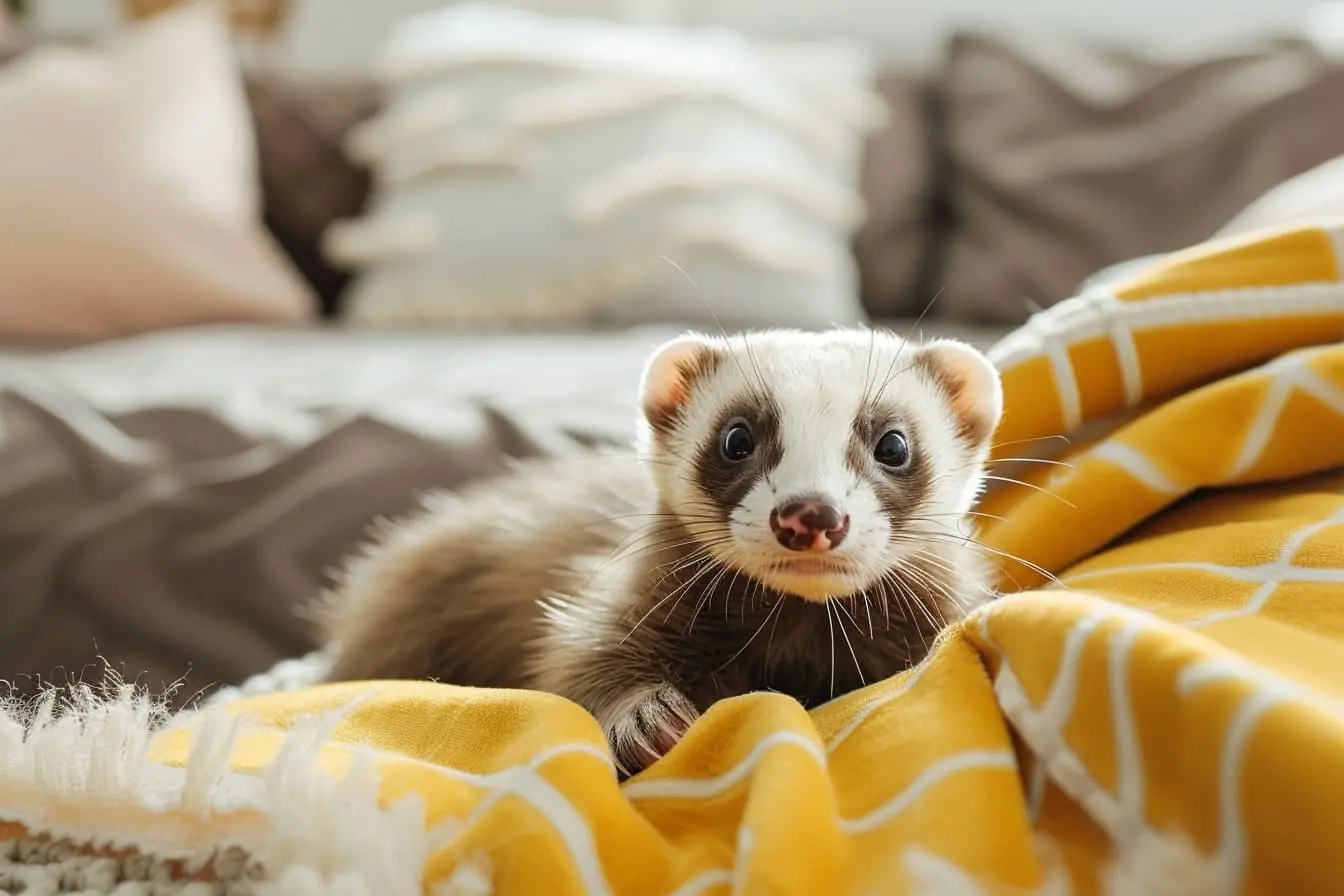
The Beginner's Guide to Ferret Grooming: Tips for New Owners
Ferrets are playful, intelligent creatures that make curious and engaging pets. As a new ferret owner, understanding how to properly groom your ferret is essential for their health and happiness. This guide will cover everything you need to know about ferret grooming, from coat care to nail trimming, ensuring your new companion remains in prime condition.
Understanding Ferret Grooming
Ferrets have unique grooming needs compared to other pets. They are generally clean animals, often grooming themselves throughout the day. However, to keep your ferret looking and feeling their best, you'll need to lend a helping hand.
Bathing: Less is More
Ferrets have a natural musky odour, which some new owners may be tempted to combat with frequent baths. However, bathing a ferret too often can strip their skin of essential oils, leading to dry skin and a stronger odour as their oil glands work overtime to compensate. It's best to limit baths to once every few months or when your ferret is particularly dirty. Always use a ferret-specific or mild, unscented baby shampoo to avoid skin irritation.
Coat Care
Regular brushing helps remove loose fur, which is particularly important during shedding season to prevent hairballs. Use a soft-bristled brush suitable for small animals. For ferrets with longer hair, more frequent brushing may be necessary to prevent mats and tangles.
Nail Trimming
Ferret nails grow quickly and need to be trimmed regularly to prevent them from getting caught in fabrics or causing injury. You can use a small pet nail clipper for this task. Be cautious to avoid cutting into the quick, which can cause pain and bleeding. Offering a treat during and after nail trimming can make the experience more positive for your ferret.
Ear Cleaning
Ferrets can accumulate ear wax, which may lead to ear mites if not cleaned regularly. You can clean your ferret's ears every few weeks using a cotton bud and a vet-recommended ear cleaning solution. Gently wipe the outer ear and avoid going deep into the ear canal.
Dental Care
Good dental hygiene is crucial for ferrets. You can brush their teeth weekly with a small, soft-bristled brush and ferret-friendly toothpaste to prevent tartar build-up and gum disease. Regular dental check-ups with your vet are also recommended to catch any potential issues early.
Flea and Parasite Control
Ferrets are susceptible to fleas and other parasites, so it's important to use a vet-recommended flea treatment, especially if your ferret plays outdoors or interacts with other animals.
Diet and Grooming
A high-quality diet is essential for maintaining your ferret's coat and overall health. Ensure your ferret's diet is rich in animal proteins to support a shiny, healthy coat and reduce shedding.
Handling and Bonding
Grooming is an excellent opportunity to bond with your ferret. Handle your ferret gently and calmly during grooming sessions, offering praise and treats to associate grooming with positive experiences.
Final Thoughts
Grooming your ferret is an integral part of their care routine, not only to keep them looking their best but also to monitor their health and strengthen your bond. By following these grooming tips, you can ensure your ferret remains healthy, happy, and a joyful companion. Remember, each ferret is unique, so it's important to adapt your grooming routine to suit their individual needs and preferences. With patience and gentle care, grooming can become a rewarding experience for both you and your ferret.
Vets near you
Speciality vets
- Aquatics vet specialists
- Birds vet specialists
- Camelids vet specialists
- Cats vet specialists
- Cattle vet specialists
- Deer vet specialists
- Dogs vet specialists
- Equines vet specialists
- Exotic vet specialists
- Goats vet specialists
- Pigs vet specialists
- Poultry vet specialists
- Sheep vet specialists
- Small Mammals vet specialists
- Wild vet specialists
Vet facilities
- Accessible by public transport
- Blood testing
- Car park nearby
- Client car park
- Dentistry
- Diagnostic imaging
- Disabled public access
- Flea and worm treatments
- Microchipping
- Mobile services
- Neutering
- Open at weekends
- Out-of-hours service
- Referral interests
- Referrals only
- Street parking outside
- Toilets available
- Vaccinations
